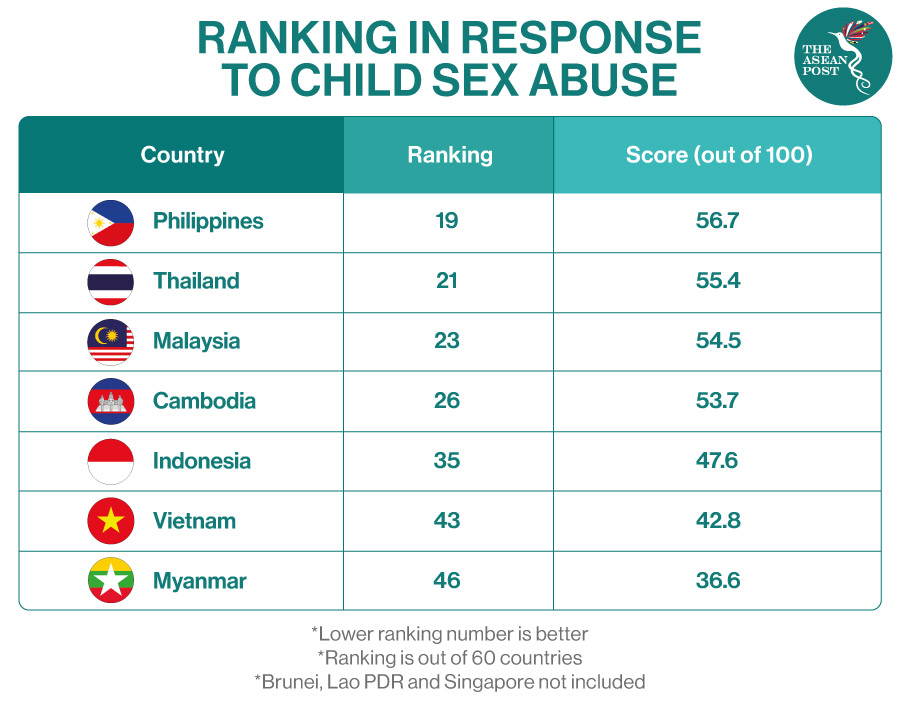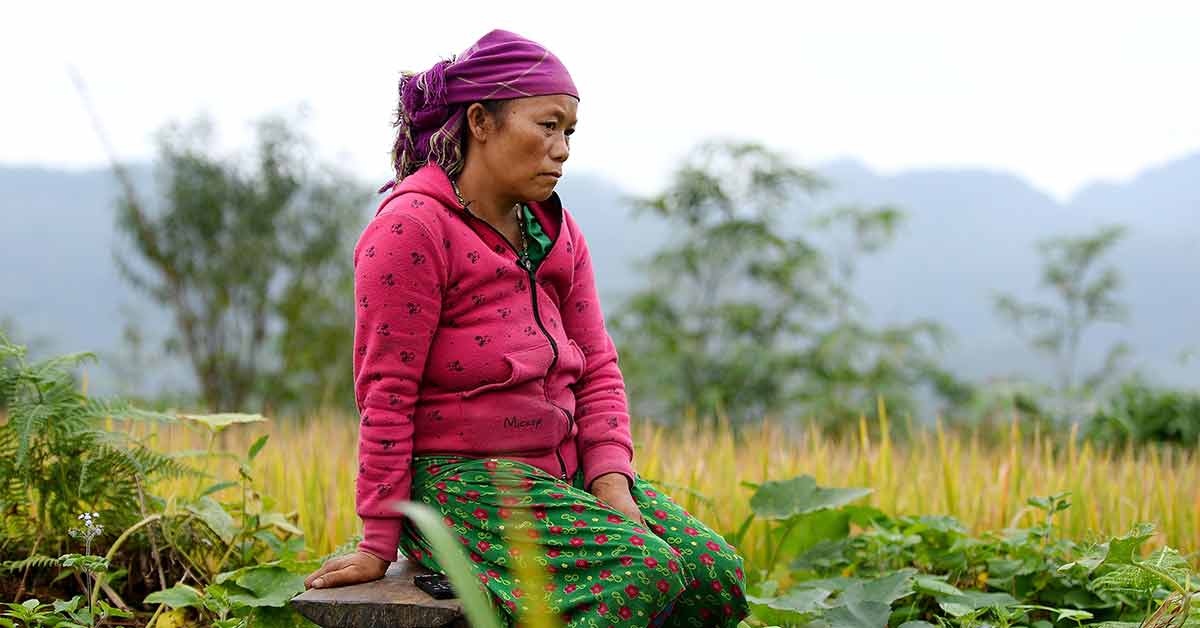In March 2019, Vietnamese were outraged after a man was fined only US$8 for forcibly kissing a woman in an elevator which was caught on CCTV footage.
Like any other country in Southeast Asia, Vietnam is no stranger to stories of sexual assault of women and children.
Nevertheless, the ASEAN member state has seen remarkable progress on women’s rights and leadership in some areas, notably on access to education and maternal health and in strengthening the legal and institutional framework for gender equality, as noted in a local media report.
However, even with significant efforts by governments and organisations – not a single country in the world can claim to have achieved gender equality. Discrimination and violence against women and children are still prevalent everywhere across the globe.
Workplace
Vietnam is a global manufacturing hub that conducts international trade. Unfortunately, it was reported that female factory workers in the country face systemic sexual harassment and violence at work.
The International Labour Organization (ILO) said that official figures on sexual harassment at the workplace in Vietnam are not readily available. But according to a 2019 study by the Fair Wear Foundation, an independent organisation that works to improve labour conditions in garment factories and Care International, a Vietnam-based rights group – nearly half of the 763 women interviewed in factories in three Vietnamese provinces said that they had experienced at least one form of harassment and/or violence.
“I am shocked that nearly 50 percent of the women interviewed had experienced some form of violence in the past year, and I’ve been working on this issue for 30 years,” said Dr Jane Pillinger, a gender-based violence expert and author of the study.
“There’s a significant culture of silence around this, and as a result the numbers are probably even higher: we know from feedback that some women wouldn’t answer the questions in the interviews, perhaps because they feared their responses would somehow get back to their employers or husbands,” she added.
Last November, Vietnam amended its Labour Code (LC) and added a number of positive provisions including a definition of sexual harassment. The new Labour Code defines sexual harassment in the workplace for the very first time in the country’s labour legislation. Other important revisions include the removal of a ban on women in some types of jobs, and ensuring equal rights to reproductive health care and child-rearing, among others.
A recent press release published in the UN Women website titled, ‘Vietnam Now Needs to Walk the Talk on Sexual Harassment’ notes that careful attention should be focused on the development of the implementing Decrees, which will set out how the Labour Code will be applied in practice, once it enters into force in 2021.
Children Too
In April last year, footage from another CCTV camera in a Saigon elevator revealed a man making a move and hugging a little girl. Local media said that the lack of legal protection and deterrents puts Vietnamese children at particular risk of being sexually abused.
A 2019 report by the Economist Intelligence Unit (EIU) placed Vietnam 43rd out of 60 countries in terms of its response to child sex abuse. Vietnam also scored significantly lower than other ASEAN countries included in the index – the Philippines, Thailand, Malaysia, Cambodia, Indonesia.

According to a National Assembly (NA) report, more than 8,700 children were found to be abused between January 2015 and June 2019. Ho Chi Minh City and Hanoi reported the highest number of child abuse cases among localities at 782 and 655, respectively, during the four-and-a-half-year period. Unfortunately, at least 337 children among the abuse cases were killed during the period.
The report also noted that the rise in reported abuse cases indicated that people were “more aware” of speaking out against abusive behaviours.
The Vietnamese Ministry of Labor, War Invalids, and Social Affairs estimates that more than 2,000 children in the country are abused every year.
According to the Law on Children which took effect in 2017, Vietnam now has as many as 17 entities tasked with protecting, supporting and caring for children which includes the People’s Court and People’s Procuracy at central and local levels, the National Assembly, and ministries, among others.
Although campaigns to shed light on harassment issues have been launched in Vietnam, Rana Flowers, a United Nations Children's Fund (UNICEF) Representative in Vietnam said that the ASEAN member state “still lacks a strong legal framework to protect children from all forms of violence, especially sexual abuse. This also extends to the lack of care and support services for victims.”
Related Articles:
